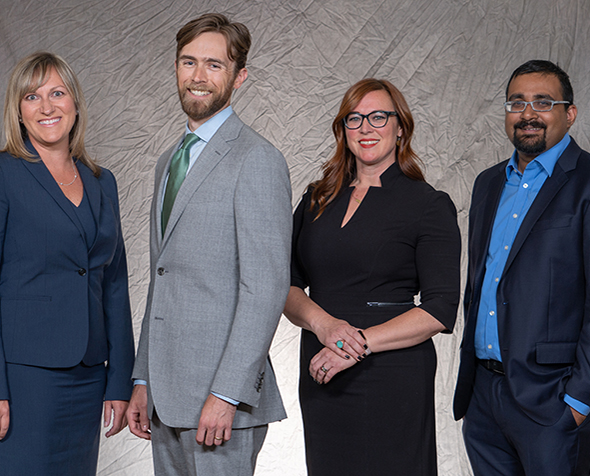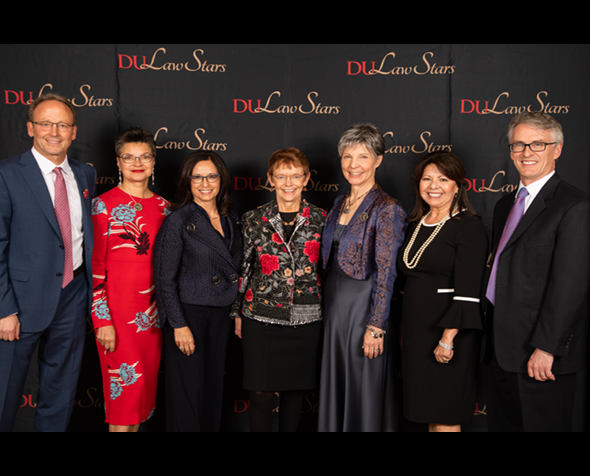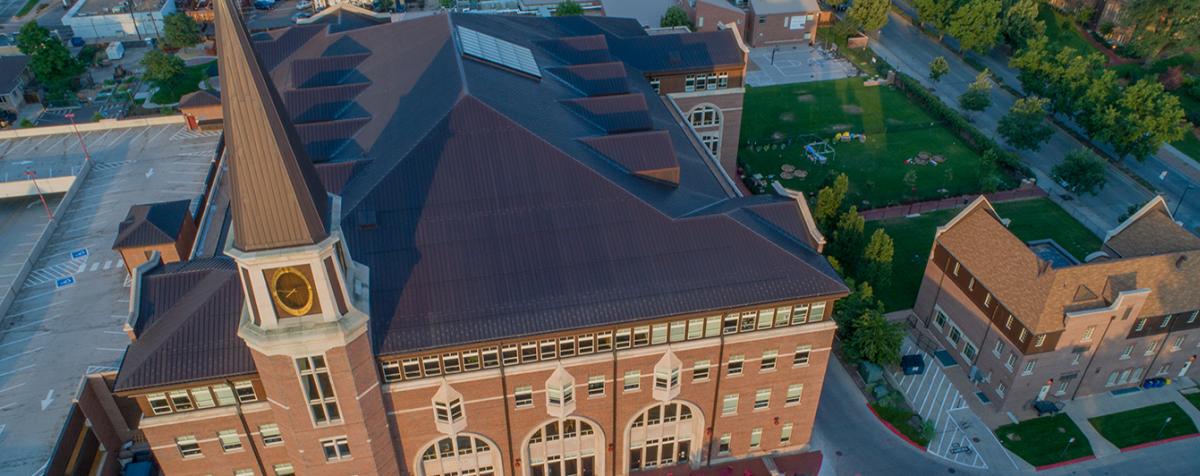
Congratulations to the 2018 Summit Cup Champions: AMERICAN UNIVERSITY LAW SCHOOL!

On October 4, 5 and 6, the Center for Advocacy at the University of Denver Sturm College of Law will host its annual national invitational tournament, The Summit Cup.

Associate Professor Margaret Kwoka received the Pro Bono Achievement Award from the Animal Legal Defense Fund, recognizing her exemplary efforts for animals. She received the award at their third annual gala held in Los Angeles on September 8, 2018 where guests learned about the ALDF’s recent victories on behalf of animals. Net proceeds from the gala help fulfill their mission to protect the lives and advance the interests of animals through the legal system. Pictured with Kwoka is ALDF’s Pro Bono Program Director Tom Linney, Executive Director Steve Wells and Founder & General Counsel Joyce Tischler.

The University of Denver Sturm College of Law is proud to welcome four new faculty members to the Denver Law community for the upcoming academic year. These highly accomplished teachers, scholars and practitioners significantly enhance the law school’s offerings in health law and environmental law as well as the legal writing and externship programs.

The University of Denver Sturm College of Law will recognize its 2018 Law Stars honorees at a gala event on Thursday, Nov. 1 at the Hilton Denver City Center.

A recent $687,000 gift from the Arnold & Porter Foundation to the University of Denver will create two new endowed scholarships at the Sturm College of Law to support outstanding students with a demonstrated commitment to civil liberties and civil rights. The gift also will support a strategic litigation fund designed to advance the nationally recognized work of the law school’s Civil Rights Clinic, part of its No. 8-ranked clinical program.

For one week this summer, the University of Denver Sturm College of Law hosted 20 rising high school juniors who immersed themselves in the legal profession. Through the Journey to JD (J2JD) program, founded by the Center for Legal Inclusiveness (CLI), this diverse range of students gained a basic understanding of the legal system and were empowered to explore a career in law.

Click here to look through a year of accomplishments...



